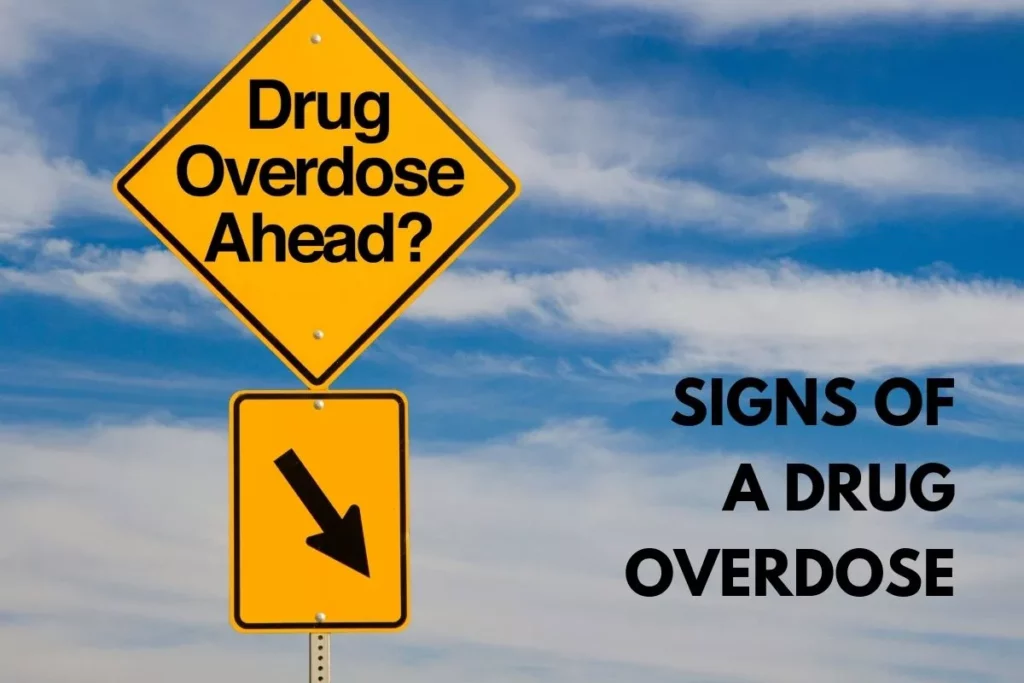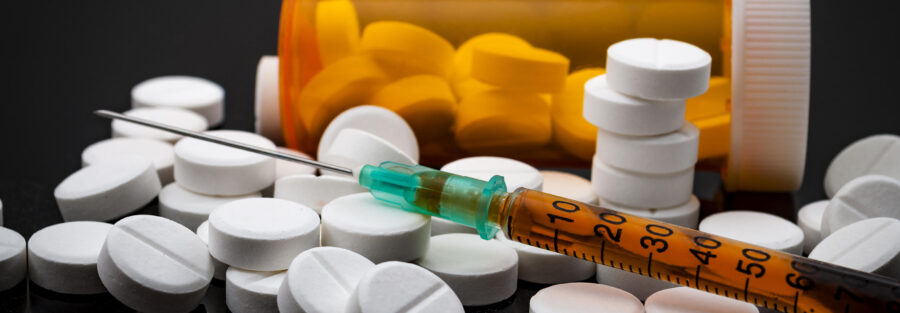In a world where medications and substances are easily accessible, the risk of overdose looms as a serious concern. An overdose occurs when the body is overwhelmed by the amount of a substance ingested, leading to potentially life-threatening consequences.
Understanding Overdose:
An overdose is the result of consuming more of a substance – whether it’s a prescription medication, recreational drug, or even alcohol – than the body can handle. This excess can overwhelm the body’s systems, leading to adverse effects ranging from discomfort to severe health complications, and in extreme cases, even death.
Causes and Contributors:
- Medication Mismanagement: Taking more than the prescribed dose of medication or accidentally doubling up on doses can lead to overdose.
- Illicit Substance Use: The potency and effects of illegal drugs can vary greatly, increasing the risk of overdose due to uncertainty in dosage and purity.
- Mixing Substances: Combining drugs or substances, even unintentionally, can result in unpredictable reactions that contribute to overdose.
- Tolerance and Dependence: Over time, the body can build tolerance to certain substances, leading individuals to take higher doses to achieve the desired effect, inadvertently increasing the risk of overdose.

Recognizing the Signs:
The symptoms of an overdose can vary widely based on the substance consumed. Common signs include:
- Confusion or Agitation: A sudden change in behaviour or mental state.
- Difficulty Breathing: Shallow, laboured, or erratic breathing patterns.
- Nausea and Vomiting: Persistent vomiting, which can lead to dehydration and other complications.
- Loss of Consciousness: Unresponsiveness or difficulty waking up.
- Seizures: Involuntary muscle movements and convulsions.
Preventing Overdose:
Empower yourself and others with the knowledge to prevent overdose:
- Follow Medical Advice: Always take medications as prescribed by a healthcare professional and never alter the dosage without consulting them.
- Communicate Openly: Discuss any substance use with your doctor, especially if you’re taking multiple medications or have a history of substance abuse.
- Be Aware of Interactions: Be mindful of how different substances may interact and amplify each other’s effects.
- Seek Help for Substance Abuse: If you or someone you know struggles with substance abuse, seek professional help to address the root causes and develop a plan for recovery.
Immediate Action:
If you suspect an overdose, don’t hesitate to take action:
- Call for Help: Dial emergency services immediately.
- Provide Information: If possible, share details of the substance consumed and any other relevant information with medical professionals.
Raising Awareness:
By understanding overdose and its risks, we can collectively work towards prevention and support those who may be struggling. Raising awareness about the signs, causes, and prevention strategies can save lives and ensure that individuals receive the necessary help they need.
In a world where substances can carry both healing and harm, let’s stand together to promote responsible usage, educate our communities, and provide support for those facing the challenges of substance use.

